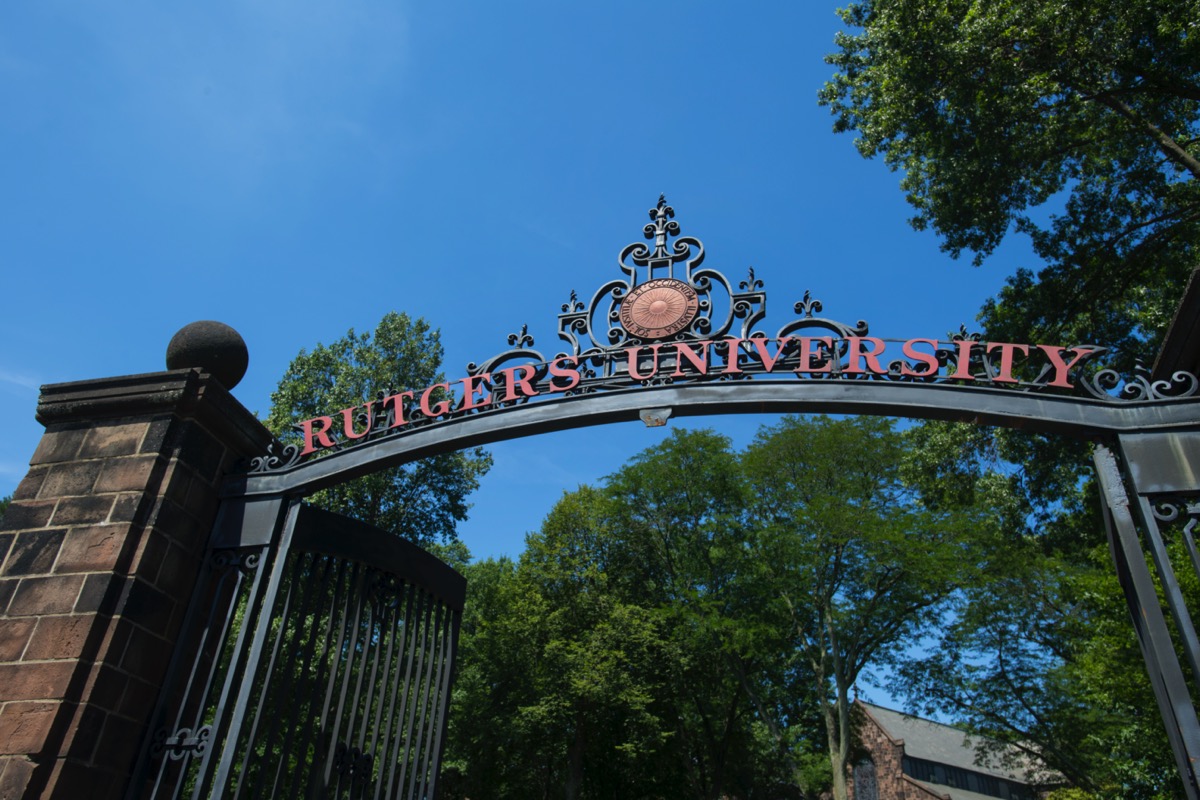Message from Chancellor Richard L. Edwards to the Rutgers community:
November 10, 2015
Rutgers University begins today the yearlong celebrations that will culminate next year in the 250th anniversary of the University’s founding in 1766 in New Brunswick. Throughout the next twelve months, special events and programs will examine and celebrate the University’s revolutionary pursuit of teaching, research and service.
As some in the Rutgers community have pointed out in recent weeks, we must acknowledge that our history also includes some facts that we have ignored for too long, such as that our campus is built on land taken from the Lenni-Lenape and that a number of our founders and early benefactors were slave holders. Given our history as a colonial college, these are facts not unique to Rutgers, but it is time that we begin to recognize the role that disadvantaged populations such as African Americans and Native tribes played in the University’s development.
I am therefore announcing the formation of a committee to study enslaved and disenfranchised populations in Rutgers history. This committee will be charged with examining the role that the people of these disadvantaged groups played in the founding and development of Rutgers University, and with making recommendations to me on how the University can best acknowledge their influence on our history. The committee will be composed of faculty, staff and student members.
The committee may, for example, recommend the installation of historical markers to commemorate the contributions of Native Americans and African Americans, as well as the establishment of symposia, lectures, talks, and teach-ins to address the historical context.
Wrestling with such issues in our history is not unique to Rutgers. Brown University, for instance, founded just two years before Rutgers, formed a similar committee which was charged by its then-President, Ruth Simmons to “examine the University’s historical entanglement with slavery and the slave trade and report our findings openly and truthfully.” The report the Brown committee issued was extensive and honest and I will ask our committee for the same vigorous pursuit of the truth.
In my 11 years at Rutgers-New Brunswick, I have become a fierce supporter and champion of this incredible institution; I am proud of it like none other. But to truly praise Rutgers, we must honestly know it; and to do that, we must gain a fuller understanding of its early history. I look forward to reading the committee’s report and recommendations.
Richard L. Edwards, Ph.D.
Chancellor, Rutgers University–New Brunswick

